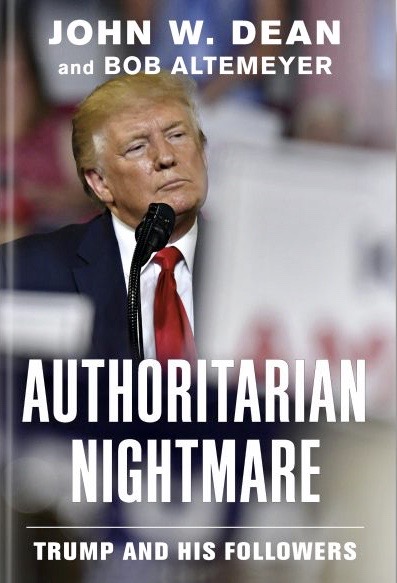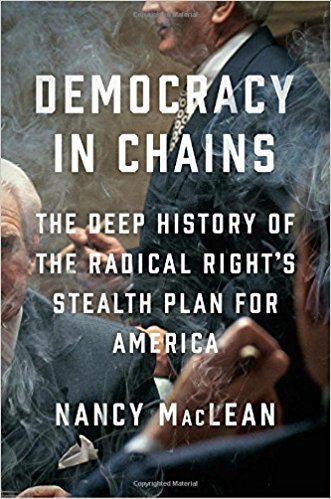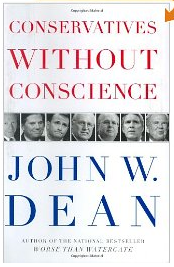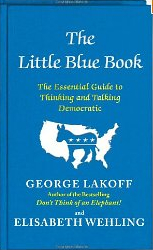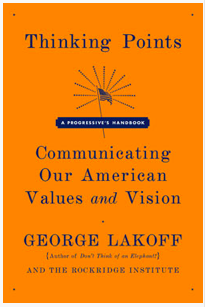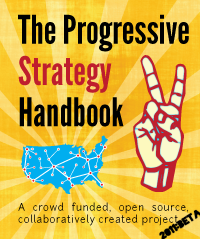India Helps Iran Build the Bomb, While the White House Looks the Other Way – The U.S. government usually takes a hard line against countries that assist Iran with its nuclear program. In 2006 alone, Washington sanctioned firms in Cuba, North Korea, and Russia for making it a little easier for Iran to develop weapons of mass destruction. But, when the proliferator is a close American ally, the United States seems to take a different approach.
Just after the U.S. House of Representatives voted in July to support a plan to provide India with nuclear technology, the Bush administration quietly imposed sanctions on two Indian firms for supplying Tehran with missile parts. Nor was the White House forthcoming with congress about other blots on India’s proliferation record: In the past two years, two other Indian companies have been penalized for allegedly passing chemical weapons information to Iran, and two Indian scientists who ran the state-run nuclear utility were barred from doing business with the U.S. government after they allegedly passed heavy-water nuclear technology to Tehran. Far from scuttling India’s nuclear deal, the United States seems to have
Bush’s Post-Katrina Power Grab – When U.S. President George W. Bush signed the $532 billion federal defense spending bill in October, there were the usual budgetary turf battles on Capitol Hill. But largely overlooked was a revision of a nearly 200-year-old law to restrict the president’s power during major crises. In December, Congressional Quarterly examined the changes, saying that the new law “takes the cuffs off†federal restraint during emergencies. Rather than limiting the circumstances under which a president may deploy troops to “any insurrection, domestic violence, unlawful combination, or conspiracy,†the 2006 revision expands them to include “natural disaster, epidemic, or other serious public health emergency, terrorist attack or incident.†In other words, it’s now easier for the federal government to send in troops without a governor’s invitation.
Ostensibly, the move aims to streamline bureaucratic inefficiencies that left thousands of New Orleanians stranded last summer. Yet the Insurrection Act that existed when Katrina struck didn’t actually hinder the president’s ability to send federal troops. He simply chose not to.
Critics have called the changes an opening for martial law. Democratic Sen. Patrick Leahy of Vermont, one of the few to raise the issue in congress, says that “Using the military for law enforcement goes against one of the founding tenets of our democracy.†Is martial law more likely than before? Perhaps not. But the fact that the revisions were slipped into a defense bill without a national debate gives ammunition to those who argue the administration is still trampling on civil liberties five years after 9/11.
United States Funds the Taliban – The Taliban’s resurgence brought the ongoing war in Afghanistan back onto the front pages in 2006. From record opium production to suicide bombings, the outlook has only grown dimmer in the past 12 months. What you probably didn’t hear is that some of the money the United States is spending to combat the resurgence of the Taliban is winding up in the hands of . . . the Taliban.
As recently as November, the Institute for War and Peace Reporting revealed that villagers in Afghanistan’s war-torn south were handing over U.S. cash meant for reconstruction projects to Taliban fighters, who then use the money to purchase weapons, cell phones, and explosives. As part of an effort to stimulate economic development in the country, the United States had committed $43.5 million for reconstruction as of September. One Canadian officer charged with helping to distribute cash said that “millions†has already gone missing in the five years since coalition troops arrived. Why? According to the report, local mullahs have urged residents to fight the foreign occupation and hand over the money in the hopes of gaining back the security they’ve lost. Others say it’s simple extortion from Taliban thugs. Either way, the United States may inadvertently be aiding the enemy in a fight that will almost certainly become more costly in the year ahead.
U. S. Tactics in Iraq Are in Opposition to Army Counter-Insurgency Manual – It has been 20 years since the Army published a field manual devoted exclusively to counterinsurgency operations. For the Marine Corps it has been 25 years. The 282-page counterinsurgency field manual seeks to bring together the best practices in fighting sustained insurgencies. It also lists tactics that have tripped up American forces, such as trying to make local security forces act like the U.S. military and overemphasizing killing or capturing enemies rather than providing for the safety of the population.. Most special operations forces in Iraq spend the bulk of their time and resources trying to kill or capture Al Qaeda members and insurgents. But the manual says the best use of those troops is not hunting enemies but training Iraqi security forces or police. Perhaps the most controversial section may be the manual’s warning about large, sprawling bases, the very kind the Army has erected in Baghdad. The manual warns that such military bases could suggest “a long-term foreign occupation.”
Newt Gingrich Says, “I Still Think We Need To Curb Free Speech”
They Call Themselves “Frontiers of Freedom”, but they get one-third of their money from ExxonMobil – Frontiers of Freedom receives money of tobacco and oil companies, including Philip Morris, ExxonMobil and RJ Reynolds Tobacco. They are actually a group of conservatives working to spread misinformation about global warming. They also influence national security policy and claim to be best buddies with George W. Bush, Dick Cheney, Donald Rumsfield, and Paul Wolfowitz. Watch out for those nice-sounding group names.
White House blocks former official’s Op-Ed based on his CIA-approved report
Focus on the Family’s Leader ‘Seriously Misrepresenting’ Work says Renowned Author/Researcher – Dr. Carol Gilligan said, “I was stunned to hear that James Dobson had quoted me in TIME Magazine. I had no idea. I was mortified, frankly,†Dr. Gilligan, author of several books including, In A Different Voice, said in the video. “It was a completely distorted and unfounded use of my work…it is such a simplification and caricature of my work…for someone who represents morality and the family it is disrespectful.†Also, Professor Angela Phillips sent a pointed letter to Dobson today accusing him of “seriously misrepresenting†her work. Last week, Kyle Pruett, M.D. of the Yale School of Medicine, also expressed concerns that the Focus on the Family leader “cherry picked†his work. Seems to be a pattern here.
Bush Administration Won’t Release Iraq Attack Numbers for Past Three Months – A chart showing insurgent-initiated attacks in Iraq was produced in December, but it’s missing data for the months of September, October and November of this year — a period of increased violence, according to news reports. What gives? Joseph A. Christoff, the GAO official who produced the document said, “I have all [the Pentagon’s] data” for those months. But the military stamped it classified, he said. And despite making weeks of phone calls, he can’t convince anyone there to declassify the numbers. “They give conflicting reasons,” Christoff told me. “For some reason, they haven’t gotten through their bureaucracy.” News accounts from the period indicate that violence has increased since August, and the rate of U.S. casualties has accelerated. October was said to be particularly bloody.
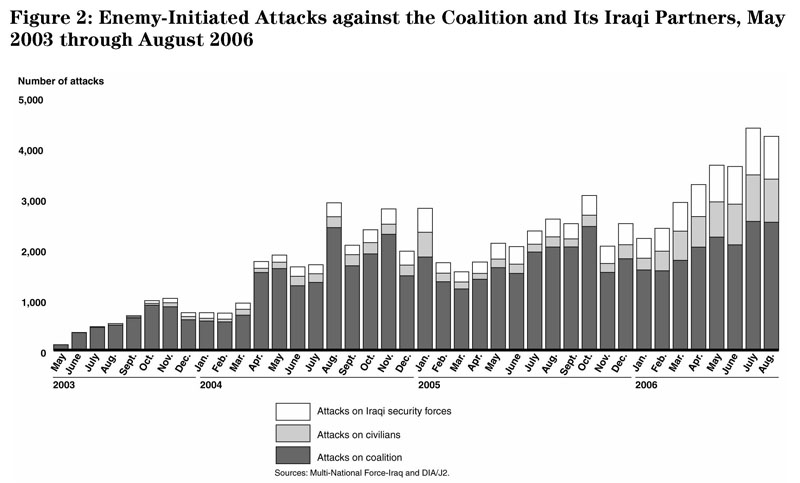
Click the Image for a larger view.
Regards,
Jim





